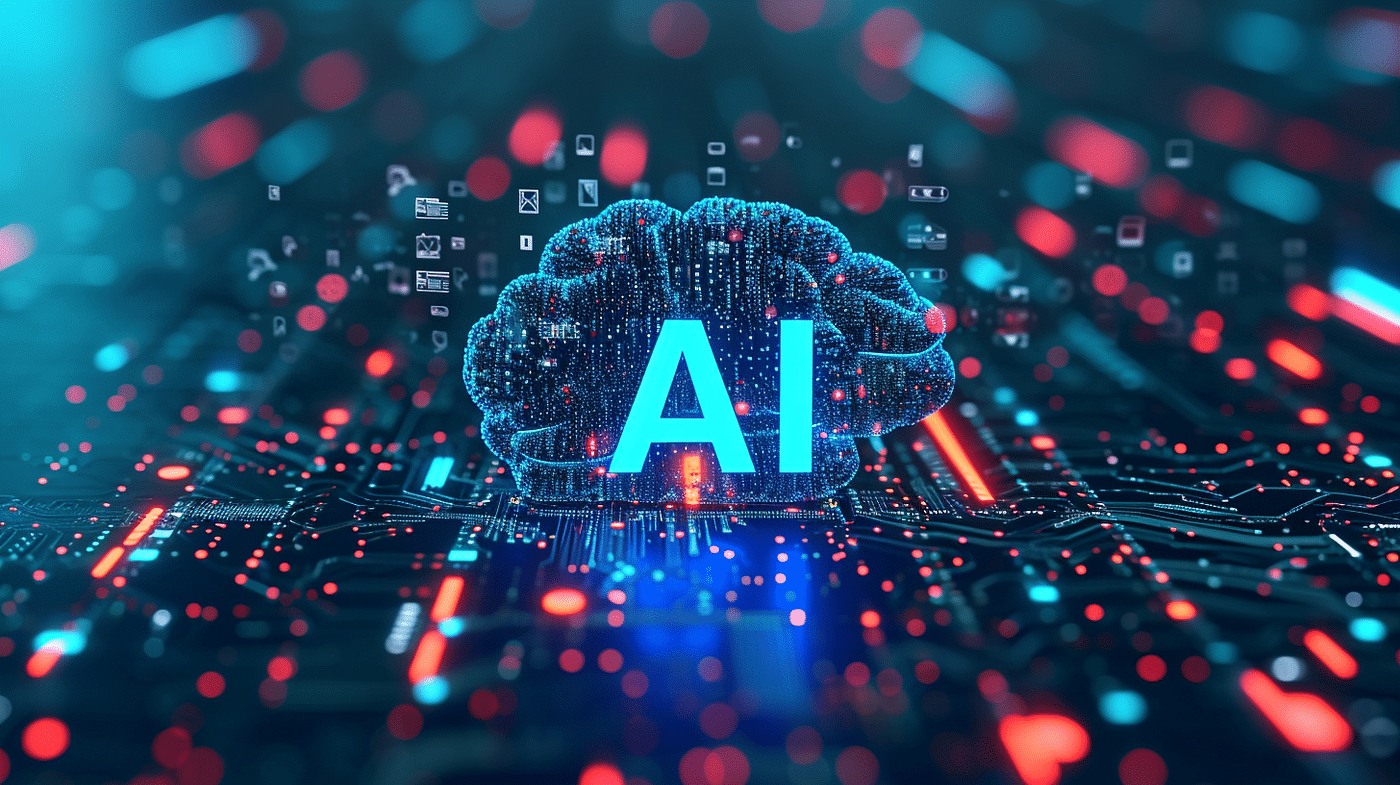- 💡 The Rise of Social Media Search Optimization: Marketers are increasingly optimizing social media content with keywords and metadata. Google reports a significant portion of Gen-Z using TikTok and Instagram for search.
- 💸 X’s Continued Monetization Evolution: Twitter, now rebranded to X, underwent significant changes post-Elon Musk’s acquisition.
- Musk introduced paid verification marks and an annual fee for posting in certain regions.
- 📱 Broader Rollout of Instagram Threads: Meta launched Threads, a text-based app for public conversations, experiencing rapid user growth.
- 🎥 Increased Adoption of YouTube Marketing, Especially YouTube Shorts: YouTube remains highly impactful with significant teen user base and usage time. YouTube Shorts and Meta Reels are favored for short-form video content due to TikTok’s data concerns.
- 🤖 The Merging of the Metaverse and Artificial Intelligence: Artificial intelligence, particularly ChatGPT, gains traction in content creation and everyday usage. Meta introduces Meta AI and numerous other artificial intelligences across its platforms.
- 👩💼 Shifting to Nano-influencers: Nano-influencers with 1,000-10,000 followers generate higher engagement and are preferred for targeted campaigns.
In the ever-evolving landscape of social media and digital marketing, staying ahead of the curve is crucial for brands and influencers alike. As we delve into 2024, it’s essential to analyze the trends shaping the industry and adapt strategies accordingly.
The Rise of Social Media Search Optimization
In the past, marketers focused primarily on optimizing their websites for search engines like Google. However, with the increasing reliance of Gen-Z on platforms like TikTok and Instagram for search, there’s a paradigm shift towards social media search optimization. This entails leveraging keywords and metadata in social media content to enhance discoverability and engagement.
X’s Continued Monetization Evolution
The acquisition of Twitter by Elon Musk ushered in a new era of monetization strategies. From the introduction of paid verification marks to annual posting fees in select regions, X (formerly Twitter) is revolutionizing how users interact and engage on the platform. This shift underscores the importance of diversifying revenue streams and adapting to changing user behaviors.
Broader Rollout of Instagram Threads
Meta’s launch of Threads, a text-based app for public conversations, signifies a broader trend towards enhancing user engagement and connectivity. With rapid user growth and expansion into new geographies, Threads is poised to become a staple platform for fostering meaningful interactions and community building.
Increased Adoption of YouTube Marketing, Especially YouTube Shorts
While TikTok continues to dominate the short-form video landscape, YouTube remains a powerhouse in the digital marketing realm. With a vast user base, especially among teens, and the popularity of YouTube Shorts, brands have a golden opportunity to captivate audiences and drive engagement. Moreover, amidst data concerns surrounding TikTok, YouTube Shorts offer a more secure and reliable alternative for marketers.
The Merging of the Metaverse and Artificial Intelligence
As Meta (formerly Facebook) spearheads the transition towards the metaverse, artificial intelligence emerges as a critical enabler of this digital transformation. ChatGPT, OpenAI’s chatbot, has revolutionized content creation and user interactions, setting the stage for AI-driven innovations across social media platforms. With Meta’s introduction of Meta AI and other AI technologies, the convergence of the metaverse and AI is reshaping the digital landscape.
Shifting to Nano-influencers
Influencer marketing continues to evolve, with a growing emphasis on nano-influencers – accounts with smaller but highly engaged followings. These micro-influencers offer a more authentic and targeted approach to brand promotion, driving higher levels of engagement and conversion. As brands seek to forge genuine connections with their audiences, nano-influencers are becoming increasingly valuable assets in digital marketing campaigns.
In conclusion, navigating the dynamic terrain of social media and digital marketing requires a keen understanding of emerging trends and consumer behaviors. By embracing innovations such as social media search optimization, leveraging new monetization strategies, and tapping into the power of AI and nano-influencers, brands can carve out a competitive edge in 2024 and beyond.







